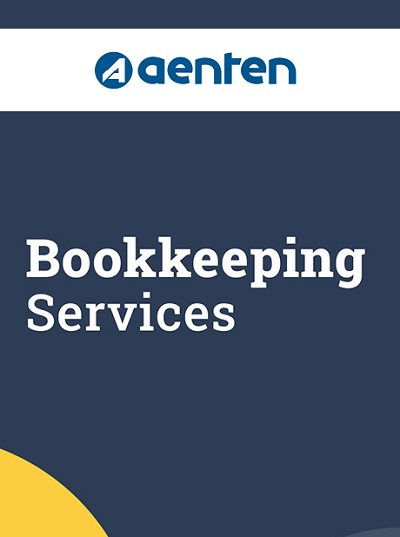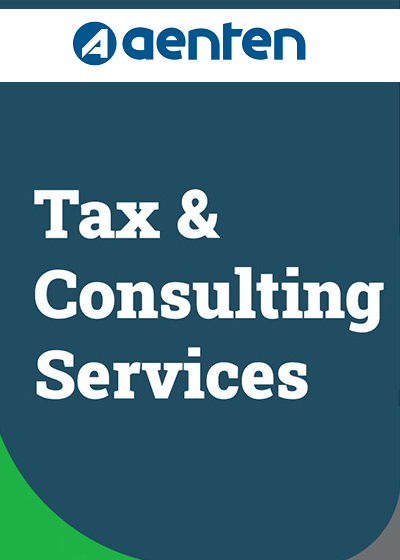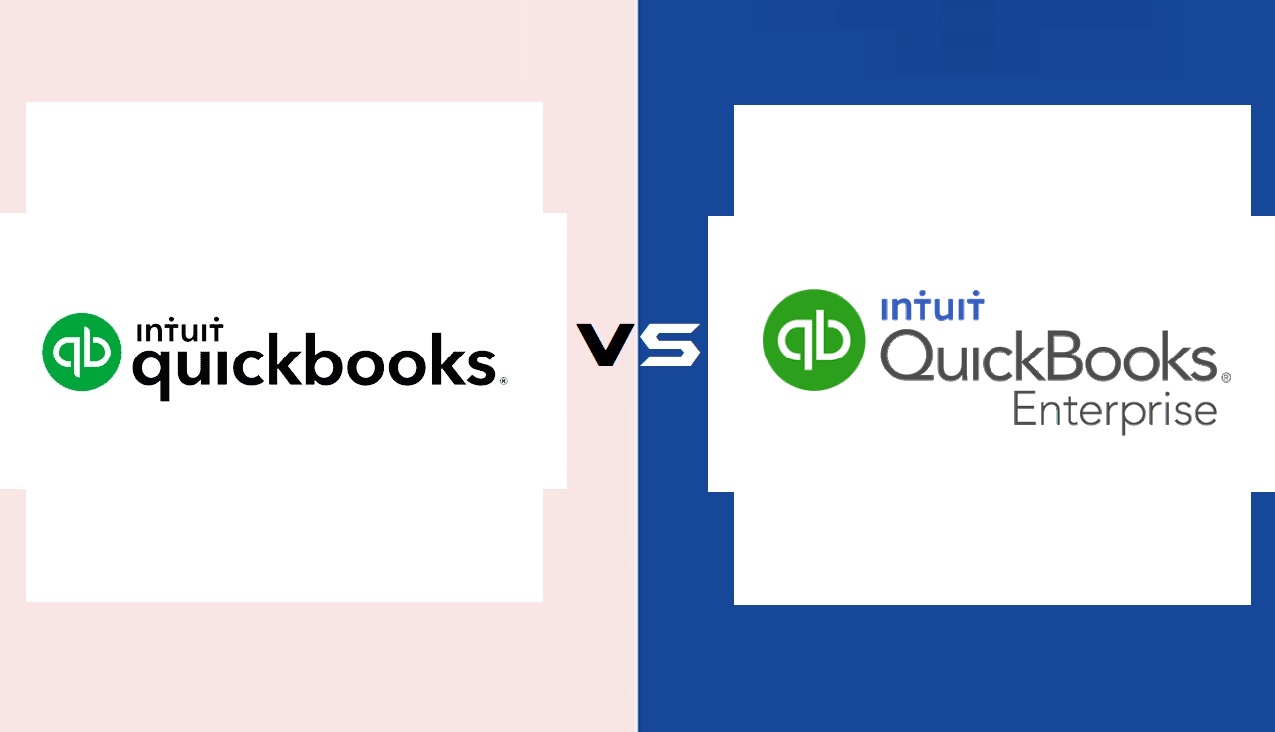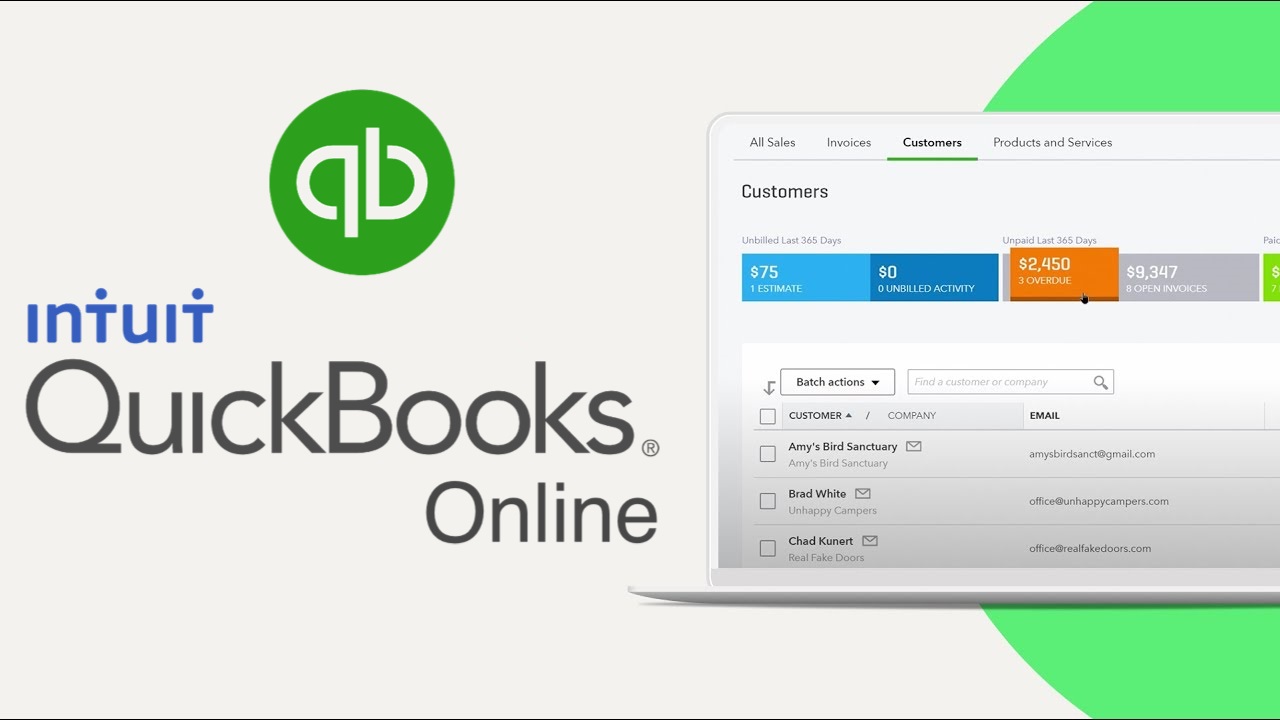Rental income is a great way to earn passive income, but it also comes with tax implications. In this article, we will discuss the top 15 things you need to know about rental income and taxes.
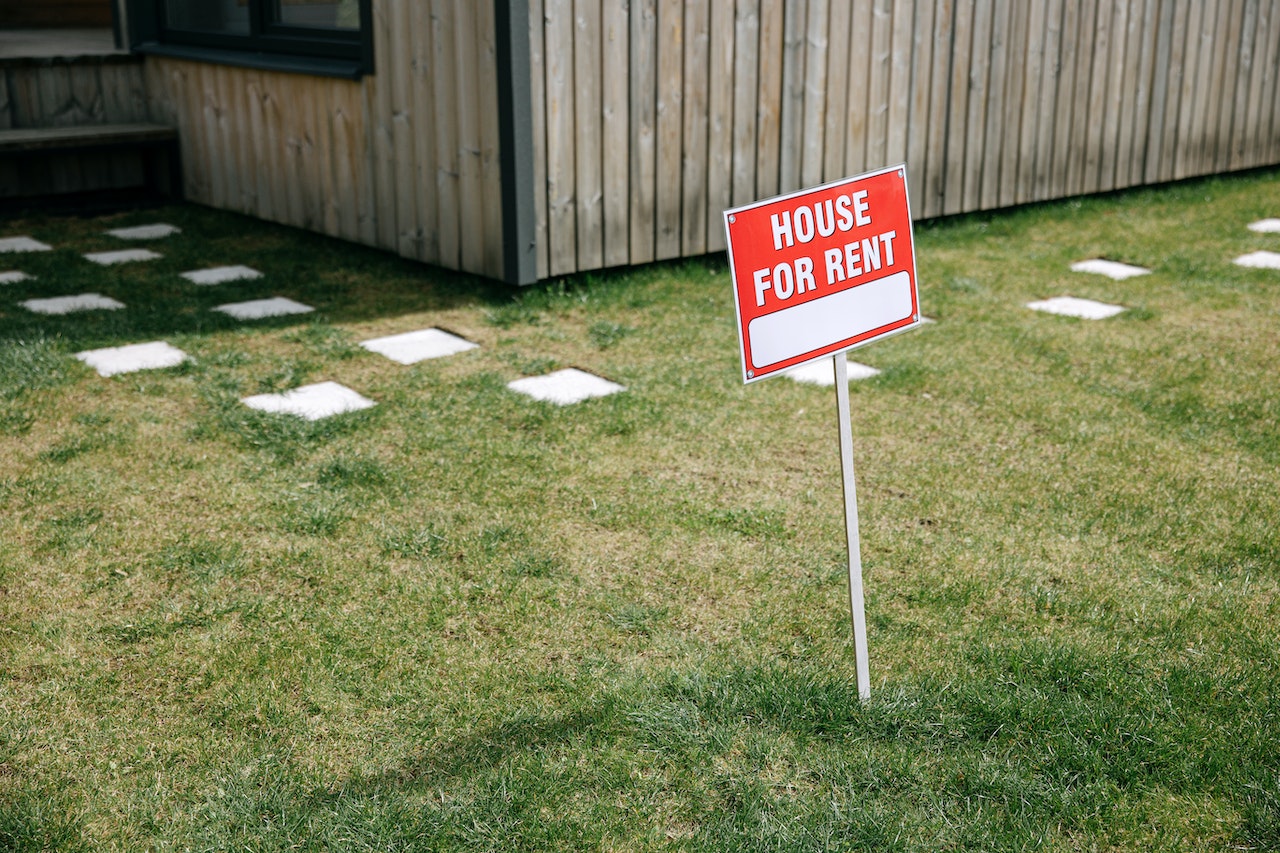
01. Rental Income is Taxable :
Rental income is considered taxable income by the Internal Revenue Service (IRS). This means that you must report it on your tax return and pay taxes on it.
02. Rental Expenses Can Be Deducted :
You can deduct certain expenses related to your rental property from your taxable rental income. These expenses include property taxes, mortgage interest, repairs and maintenance, insurance, and utilities.
03. Depreciation Can Be Deducted :
Depreciation is the decrease in value of your rental property over time due to wear and tear, deterioration, and obsolescence. You can deduct a portion of the property’s value each year as a depreciation expense.
04. Passive Activity Losses Can Be Carried Forward :
If you have more rental expenses than rental income, you may have a passive activity loss. This loss can be carried forward and used to offset future rental income or other passive income.
05. The 14-Day Rule :
If you rent out your property for 14 days or less during the year, you do not need to report the rental income on your tax return. However, you also cannot deduct any rental expenses during this period.
06. Vacation Home Rental :
If you rent out your vacation home for part of the year and use it for personal use for the rest of the year, you must prorate your expenses and income accordingly. You can only deduct the portion of expenses that relate to the rental period.
07. Rental Income From Foreign Properties :
If you own rental properties in foreign countries, you must report the rental income on your tax return. You may also be subject to taxes in the foreign country where the rental property is located.
08. Renting to Family and Friends :
If you rent your property to family and friends at a discounted rate, you must still report the rental income on your tax return. However, you can deduct expenses related to the rental activity.
09. State and Local Taxes :
Some states and local governments have their own taxes on rental income. Make sure to check the tax laws in your area to ensure compliance.
10. Deductible Improvements :
Improvements that increase the value or extend the life of your rental property are not deductible as expenses. However, you can depreciate these improvements over their useful life.
11. Rental Losses for High-Income Earners :
If you earn more than $150,000 per year, your rental losses may be subject to limitations. Make sure to consult a tax professional to determine your specific limitations.
12. Qualified Business Income Deduction :
If you operate your rental property as a business, you may be eligible for the qualified business income deduction. This deduction allows you to deduct up to 20% of your rental income from your taxable income.
13. Rental Income From Short-Term Rentals :
If you rent out your property on platforms like Airbnb or VRBO, you must report the rental income on your tax return. You can also deduct expenses related to the rental activity.
14. Rental Property Sale :
If you sell your rental property, you may be subject to capital gains tax. However, you may also be able to defer taxes by using a 1031 exchange.
15. Hire a Tax Professional :
Navigating rental income and taxes can be complex, and it is recommended that you seek the advice of a qualified tax professional. They can help you understand the tax implications of your rental income and ensure that you are in compliance with all tax laws.
16. Keep Accurate Records :
To ensure that you are properly reporting your rental income and expenses, it is important to keep accurate records. This includes receipts, invoices, bank statements, and other financial documents related to your rental property.
17. Understand Local Laws :
In addition to federal tax laws, you should also be aware of any local laws and regulations related to rental properties in your area. These may include restrictions on short-term rentals, zoning laws, and safety requirements.
18. Determine Your Tax Filing Status :
Depending on your rental income and other sources of income, you may need to file as a sole proprietor, partnership, LLC, or corporation. It is important to determine the appropriate tax filing status for your rental property.
19. Estimate Your Taxes :
To avoid any surprises come tax time, it is important to estimate your rental income taxes throughout the year. You can do this by reviewing your income and expenses regularly and adjusting your estimated tax payments accordingly.
20. Consider Using a Property Management Company :
If managing your rental property and taxes becomes overwhelming, you may want to consider using a property management company. They can handle the day-to-day operations of your rental property and ensure that you are in compliance with all tax laws.
21. Deductible Travel Expenses :
If you travel to your rental property for business purposes, such as to collect rent or perform maintenance, you may be able to deduct certain travel expenses. This includes transportation costs, lodging, and meals.
22. Separate Bank Accounts :
To keep your rental income and expenses separate from your personal finances, it is recommended that you use separate bank accounts. This can help you keep track of your rental income and expenses more easily and ensure accurate reporting.
23. Keep Up with Tax Law Changes :
Tax laws related to rental income and expenses can change frequently. It is important to stay up-to-date with any changes that may affect your rental property, and consult a tax professional if necessary.
24. Document Repairs and Maintenance :
Keeping documentation of repairs and maintenance can help you justify your expenses and provide evidence in case of an audit. Make sure to keep all receipts and invoices related to repairs and maintenance of your rental property.
25. Keep Track of Rental Property Usage :
If you use your rental property for personal purposes, such as a vacation home, you need to be aware of the usage rules. The IRS requires you to allocate expenses based on how the property is used, so it is important to keep track of your personal and rental use.
Also Read : Step by Step : What is Double-Entry?
In conclusion, rental income can be a great source of passive income, but it comes with tax implications. Make sure to keep accurate records, understand tax laws and regulations, and seek the advice of a qualified tax professional to ensure compliance with all tax laws.
